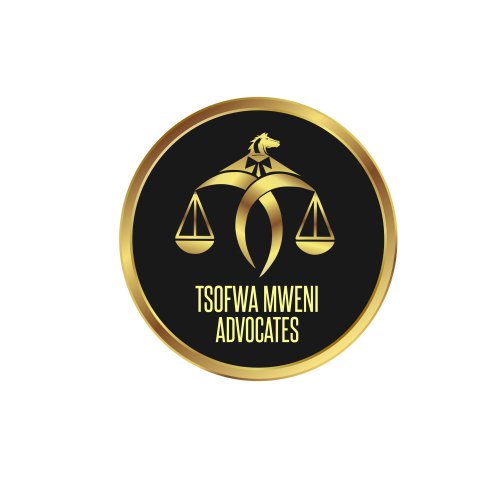About Child Custody Law in Mombasa, Kenya
Child custody law in Mombasa, Kenya, like the rest of the country, is complex and focused on the welfare and the best interests of the child. The courts prioritize the child's best interests over the rights of either parent. Both parents have equal rights to custody unless a court order states otherwise. Divorce or separation may have an impact on these rights. The law observes the child’s right to parental care and protection, as stipulated in Kenya’s constitution and the Children's Act of 2001.
Why You May Need a Lawyer
Legal advice is crucial when dealing with issues around child custody. Unresolved disputes, defining visitation rights, or making changes to an existing custody arrangement are scenarios where a lawyer's expertise is invaluable. In certain situations, a parent may pose a risk to a child's well-being and obtaining legal aid to enforce protective measures is essential. A lawyer can assist in drafting agreements and navigating court proceedings, ensuring your child's best interests are upheld.
Local Laws Overview
In Mombasa, Kenya, The Children's Act of 2001 governs child custody. It emphasizes that the child’s best interests are paramount in all decisions affecting them. Factors taken into consideration include the child’s wishes, age, and the child's physical and emotional needs. Also, the mental and physical health of the parents, as well as their ability to provide for the child's special needs if any, are likewise considered. The Act also ensures that siblings stay together where possible to maintain familial bonds.
Frequently Asked Questions
What does joint custody mean in Kenya?
Joint custody means that both parents share responsibility for the child. It does not always mean that the child spends equal time with each parent. One parent may still be the primary caregiver, but both parents make significant decisions about the child's upbringing together.
Can a father win child custody in Kenya?
Yes, a father can win custody if it is deemed to be in the child's best interests. The Kenyan courts make custody decisions based on the welfare of the child and not on the parent's gender.
At what age can a child choose which parent to live with in Kenya?
A child cannot legally decide which parent to live with unless they are over 18. However, the court may take into account the preference of a child above the age of ten while deciding on custody issues.
Can grandparents or other family members gain custody of a child?
Yes, in certain cases where the court decides it is in the best interest of the child, custody can be granted to grandparents or other family members.
Can custody arrangements be modified?
Yes, child custody arrangements can be altered if there is a significant change in circumstances, and it is shown that the change is in the best interest of the child.
Additional Resources
There are several resources that you can reach out to for further assistance. The Law Society of Kenya provides advice on different legal matters including child custody. The Federation of Women Lawyers (FIDA) in Kenya offers legal help particularly for women. The Department of Children Services under the Ministry of Labour and Social Protection takes care of child welfare and protection matters.
Next Steps
Should you need legal assistance regarding child custody, first, find a lawyer who specializes in family law and has experience with child custody cases. Prepare any relevant documentation and be ready to discuss your case and desired outcome. Remember, your priority should always be the welfare of your child.
Lawzana helps you find the best lawyers and law firms in Mombasa through a curated and pre-screened list of qualified legal professionals. Our platform offers rankings and detailed profiles of attorneys and law firms, allowing you to compare based on practice areas, including Child Custody, experience, and client feedback.
Each profile includes a description of the firm's areas of practice, client reviews, team members and partners, year of establishment, spoken languages, office locations, contact information, social media presence, and any published articles or resources. Most firms on our platform speak English and are experienced in both local and international legal matters.
Get a quote from top-rated law firms in Mombasa, Kenya — quickly, securely, and without unnecessary hassle.
Disclaimer:
The information provided on this page is for general informational purposes only and does not constitute legal advice. While we strive to ensure the accuracy and relevance of the content, legal information may change over time, and interpretations of the law can vary. You should always consult with a qualified legal professional for advice specific to your situation.
We disclaim all liability for actions taken or not taken based on the content of this page. If you believe any information is incorrect or outdated, please contact us, and we will review and update it where appropriate.














